Brad Pfaff, Wisconsin State Senator for 32nd District | Official Website
Brad Pfaff, Wisconsin State Senator for 32nd District | Official Website
According to the Wisconsin State Legislature's official website, the bill was described as follows: "talent recruitment grants. (FE)".
The following is our breakdown, based on the actual bill text, and may include interpretation to clarify its provisions.
In essence, this bill establishes an economic development program administered by the Wisconsin Economic Development Corporation to award grants for talent recruitment programs encouraging households from outside Wisconsin to relocate to its municipalities. Eligible applicants include cities, villages, towns, counties, American Indian tribes, or nonprofits with a focus on economic or community development. Applicants must provide a recruitment plan outlining costs, economic impacts, and a household relocation goal and demonstrate the ability to contribute at least 20% of the program's total cost. A household must reside outside of Wisconsin at application and have an income of at least $55,000 to qualify for incentives. No more than $500,000 can be awarded per municipality annually. Grant recipients must provide semiannual reports on recruitment outcomes, with the bill specifying disbursement conditions based on performance against relocation goals.
The bill was co-authored by Representative David Armstrong (Republican-67th District) and Senator Dan Feyen (Republican-20th District). It was co-sponsored by Representative Joel Kitchens (Republican-1st District), Representative Rob Kreibich (Republican-28th District), and Representative Jeffrey Mursau (Republican-36th District), along with two other co-sponsors.
Brad Pfaff has authored or co-authored another 45 bills since the beginning of the 2025 session, with none of them being enacted.
Ptaff graduated from the University of Wisconsin at Green Bay in 1960 with a BA.
Ptaff, a Democrat, was elected to the Wisconsin State Senate in 2021 to represent the state's 32nd Senate district, replacing previous state senator Jennifer Shilling.
In Wisconsin, the legislative process starts when a senator, constituent, group, or agency proposes an idea for a bill. After drafting, the bill is introduced, numbered, and referred to a committee for review and public input. If approved, it moves through three readings and votes in both the Senate and Assembly. Once both chambers pass the same version, the bill goes to the governor, who can sign it, veto it, or let it become law without a signature. Only a small share of bills introduced each session ultimately become law. You can learn more about the Wisconsin legislative process here.
| Bill Number | Date Introduced | Short Description |
|---|---|---|
| SB285 | 05/30/2025 | Talent recruitment grants. (FE) |
| SB260 | 05/20/2025 | Certification of surgical technologists |
| SB255 | 05/09/2025 | Regulation of the Chippewa and Flambeau Improvement Company |
| SB248 | 05/09/2025 | License eligibility and restriction extensions relating to ignition interlock devices |
| SB215 | 04/16/2025 | Town clerk and treasurer appointments, publication requirements for proposed budget summary and notice of public hearing, and discontinuance of highways. (FE) |
| SB208 | 04/16/2025 | Prohibiting hedge funds from acquiring single-family homes in this state. (FE) |
| SB148 | 03/21/2025 | The right to repair agricultural equipment, and providing a penalty. (FE) |
| SB50 | 02/21/2025 | Health care costs omnibus, granting rule-making authority, making an appropriation, and providing a penalty. (FE) |
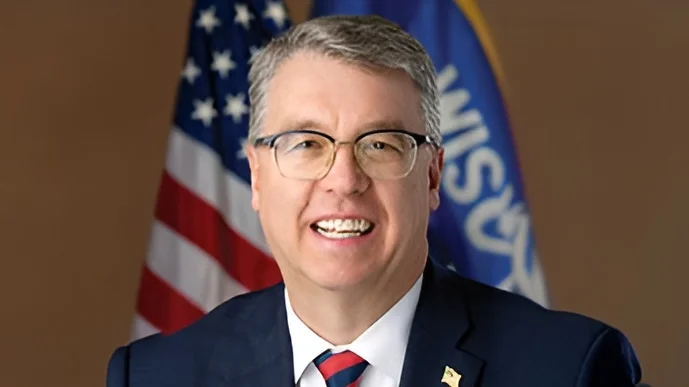
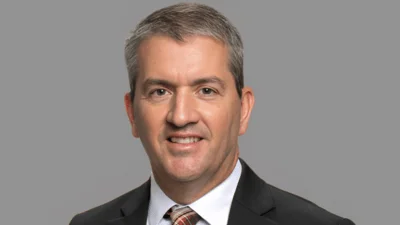
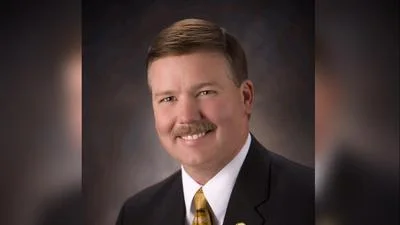
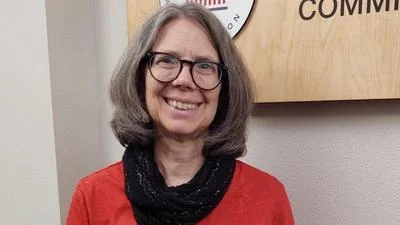
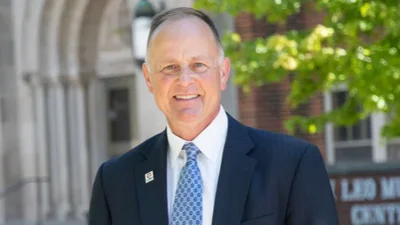
 Alerts Sign-up
Alerts Sign-up